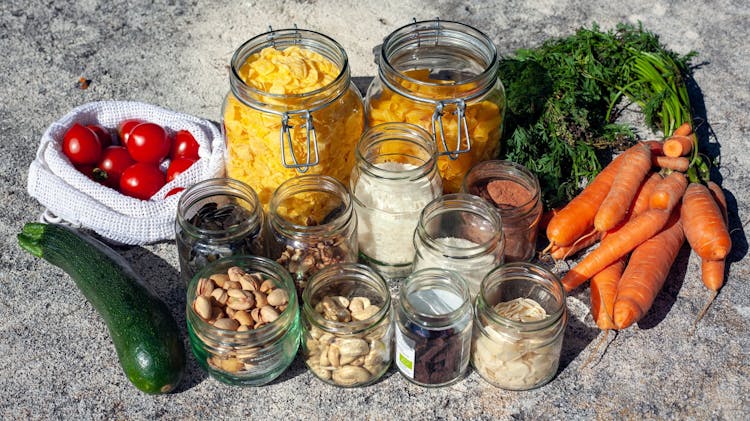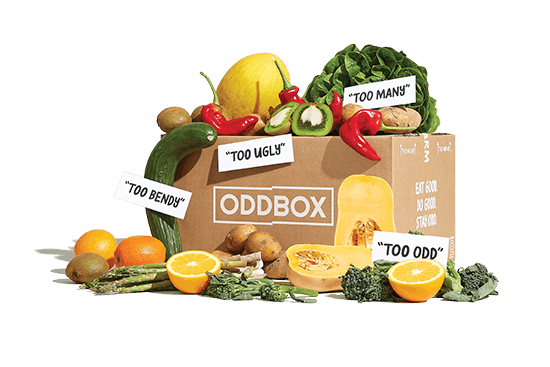Zero waste swaps for your home
The thought of adopting loads of new zero waste habits can be overwhelming. But adapting your life to produce less waste is often achieved more easily as a gradual process, rather than a quick switch.
There are countless simple, and cheap, zero waste swaps you can make in the home. Here are just a few of our favourites.

BAR SOAPS
Remember the old days before shower gels and plastic soap dispensers, when all you could buy was bar soap? Soaps have come a long way since then, with a huge selection available (including loads of options with vegan ingredients). Good bar soaps even foam up just like liquid soap and last for ages! Cut down on plastic waste by swapping out dispensing hand soaps and shower gel for sustainable bar soaps, wrapped in cardboard packaging.
METAL OR WOODEN RAZORS
Disposable plastic razors usually don't last for long. They're also non-recyclable, so they're consigned to sit in landfill for a few hundred years. The next time you run out of plastic razors, save yourself money in the long term by investing in a metal or bamboo safety razor. You'll only need to replace the head or the blades when they go blunt, rather than the whole razor. And the blades can usually be recycled when tied together and put in the recycling bin.
LOOSE-LEAF TEA
Did you know even non-plastic teabags are often still sealed with plastic? This causes them to leach microplastics into composts and contaminate soil, eventually polluting our oceans. The next time you run out of teabags, opt for 100% paper teabags (their contents are usually sealed with a staple) or make the full switch to loose-leaf tea. Buy a blend with minimum packaging and strain the leaves through a metal tea strainer.
HOMEMADE FABRIC BAGS
Plastic bags have fallen out of fashion in UK supermarkets. But what about when you go shopping for other items? Often we find ourselves without a bag and end up accepting carrier bags from the clothes store. Instead, use old towels or bedsheets to stitch together homemade bags. Or fold a piece of fabric into a useful carrier bag in around five minutes using basic furoshiki - a popular traditional Japanese wrapping technique. You can even just bring any old bag from home. Keep some bags in the back of the car and you'll never be at a loose end again.
MASON JARS
When you're storing herbs, homemade sauces or leftovers, you want them to stay airtight and fresh for as long as possible. And it's tempting to think plastic boxes and bags are the only options for this. But the next time you need more storage containers for food, equip your kitchen with some mason jars with aluminium lids. Both glass and aluminium should last a long time, and at the end of their lives, they're easy to recycle.
BAMBOO TOOTHBRUSHES
Plastic toothbrushes can't be recycled and, with most of us replacing ours around every six months, we generate a lot of waste over a lifetime. Electric toothbrushes are a step better - they have replaceable heads, so the whole brush isn't thrown away. But if you can, go further and switch over to a bamboo toothbrush. Bamboo is biodegradable and can go into the compost bin. Plus, you can tie together nylon bristles and recycle them in most curbside recycling bins.
SILICONE BAKING MAT
When baking, it sometimes feels like only aluminium foil or baking paper will do the job. But have you tried out a reusable baking mat? Quality silicone baking mats are light, compact, non-stick and fully reusable. Making kitchen zero waste swaps to silicone is often effective as it's an incredibly heat-resistant material that lasts longer than plastics too.
REUSABLE COTTON PADS
Cotton pads are useful for many things - but they're typically used to remove make-up or nail varnish. The only trouble is, we toss them straight in the bin after one use. Make the switch to reusable pads instead - you just rinse them out afterwards and leave them to dry. Look for organic cotton, or even bamboo or hemp, as these materials are generally less harmful to the environment.
NATURAL FIBRE SCRUBBING SPONGES
Not one of us enjoys getting stubborn grease off of our favourite frying pan. So we rely on abrasive scrubbing brushes that make the job easier for us. But a brush with a big plastic handle and plastic bristles isn't the only tool that can take on the dirt and grime. Search for a coconut, wood or bamboo scrubbing brush without a handle. These brushes will biodegrade quicker than a plastic alternative. They're likely to last for longer too - just let them dry out properly to prevent any lingering bad smells.
RAGS AND OLD TOWELS
Paper towels are super handy for soaking up spillages from the floor - after all, you don't want to use the dishcloth from your sink. But they're also single-use and end up in the bin as soon as you've tackled one stain. Make a free zero waste swap and dig out any old towels or rags you have tucked away in a cupboard. Just keep them in the kitchen to use whenever you want to reach for a paper towel.

